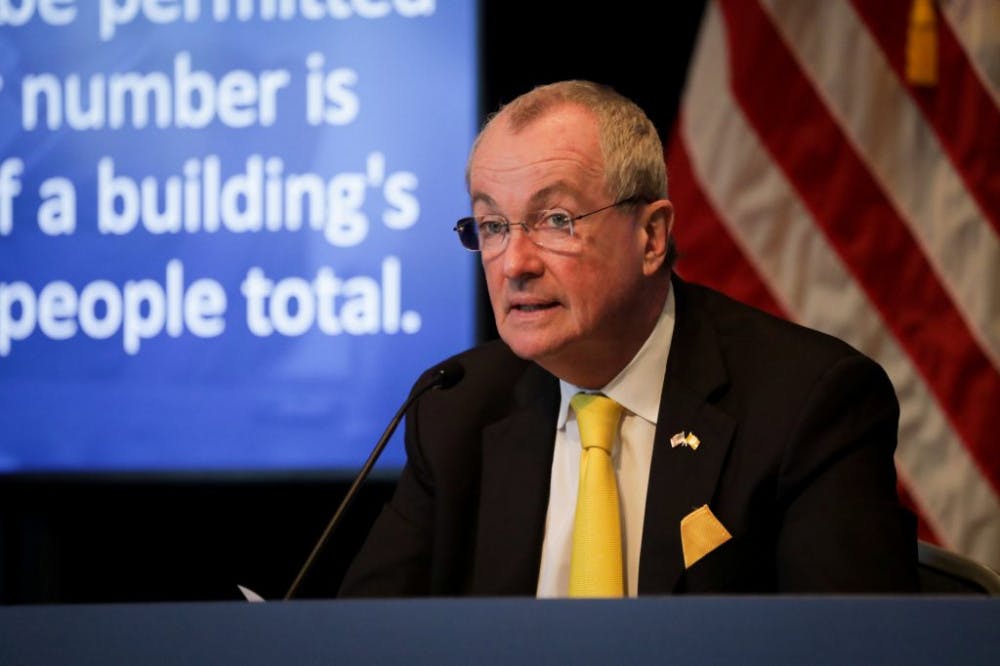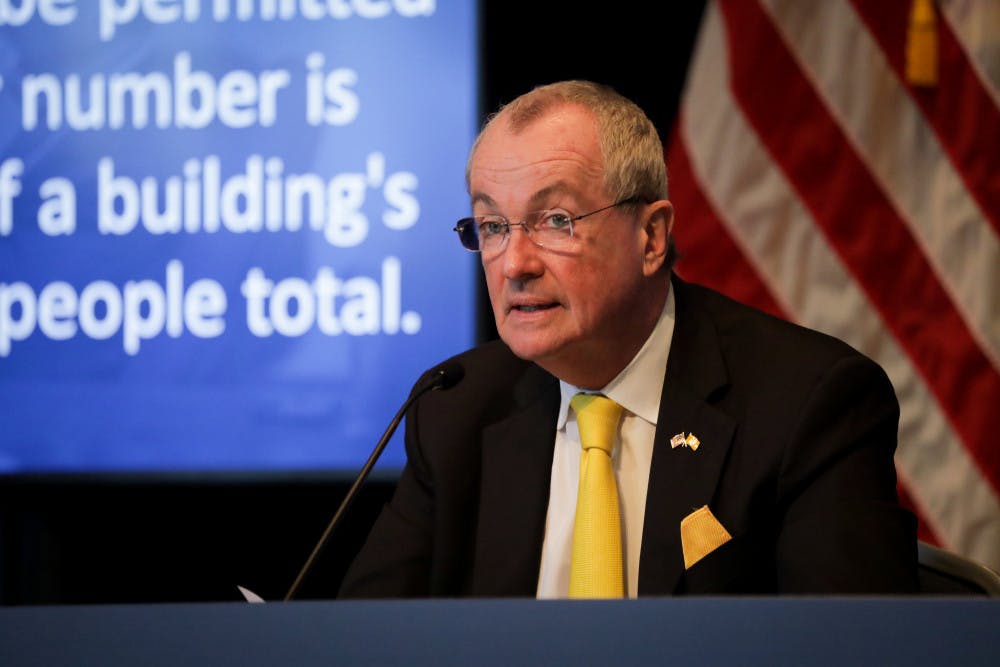New Jersey Gov. Phil Murphy announced on Tuesday that he had formally lifted the state’s stay-at-home order after nearly three months of lockdown.
“With more and more of our businesses reopening, we are no longer requiring you to stay at home, but we are asking you to continue to be responsible and safe,” Murphy told reporters during his Tuesday press briefing. “And when you do go out, please continue to wear face coverings and keep a social distance from others whenever possible. “

The announcement comes just days after Murphy announced that the state would enter Stage 2 of its multi-stage reopening plan on June 15 which, among other things, will include a resumption of outdoor dining and in-person nonessential retail shopping, both at reduced capacities.
Complimenting the lift of the lockdown, Murphy also signed an executive order on Tuesday immediately raising the limits on both indoor and outdoor gatherings.
Indoor gatherings restrictions, with the exception of restaurants, will rise from 10 to 50 people or 25% of a building’s capacity – whichever number is lower – while outdoor gatherings will increase from 25 to 100 people. Murphy’s order currently exempts “first amendment protected outdoor activities” such as religious gatherings and protests, allowing more than 100 people to congregate at a time. Murphy said that he hopes to raise the limit on outdoor activates to 250 people by June 22 and to 500 people by July 3 so long as the state’s COVID-19 curve continues its downward trend.
“The numbers of hospitalizations and patients in our ICUs and on respirators continues to push downward,” Murphy said. “But this is where we need to continue to be careful. We’re still not out of the woods.”
The news of increased limitations on indoor and outdoor gatherings signals good news for colleges and universities, such as Seton Hall, who are planning to reopen in the fall. Higher indoor gathering limits will likely translate into increased capacity limits for academic and residential buildings.
In a previous interview with The Setonian, Seton Hall President Dr. Joseph Nyre said that “ultimately, the degree of the permitted density will likely be directed by the State of New Jersey,” but noted that the University is currently planning for various levels of occupancy in residence halls.
Nyre also told the Asbury Park Press that Seton Hall has also mapped out reductions in classroom capacity.
“No matter what density guidelines the state puts out, we’ll meet them,” Nyre told the paper, adding that even if the New Jersey does not impose a density reduction on residence halls, “we’re going to go ahead and impose them” regardless. According to Nyre, Seton Hall will also use one of its residence halls to house potentially unwell and quarantined students, though he declined to specify which building that could be.
Nicholas Kerr can be reached at nicholas.kerr@student.shu.edu. Find him on Twitter @nickdotkerr.





